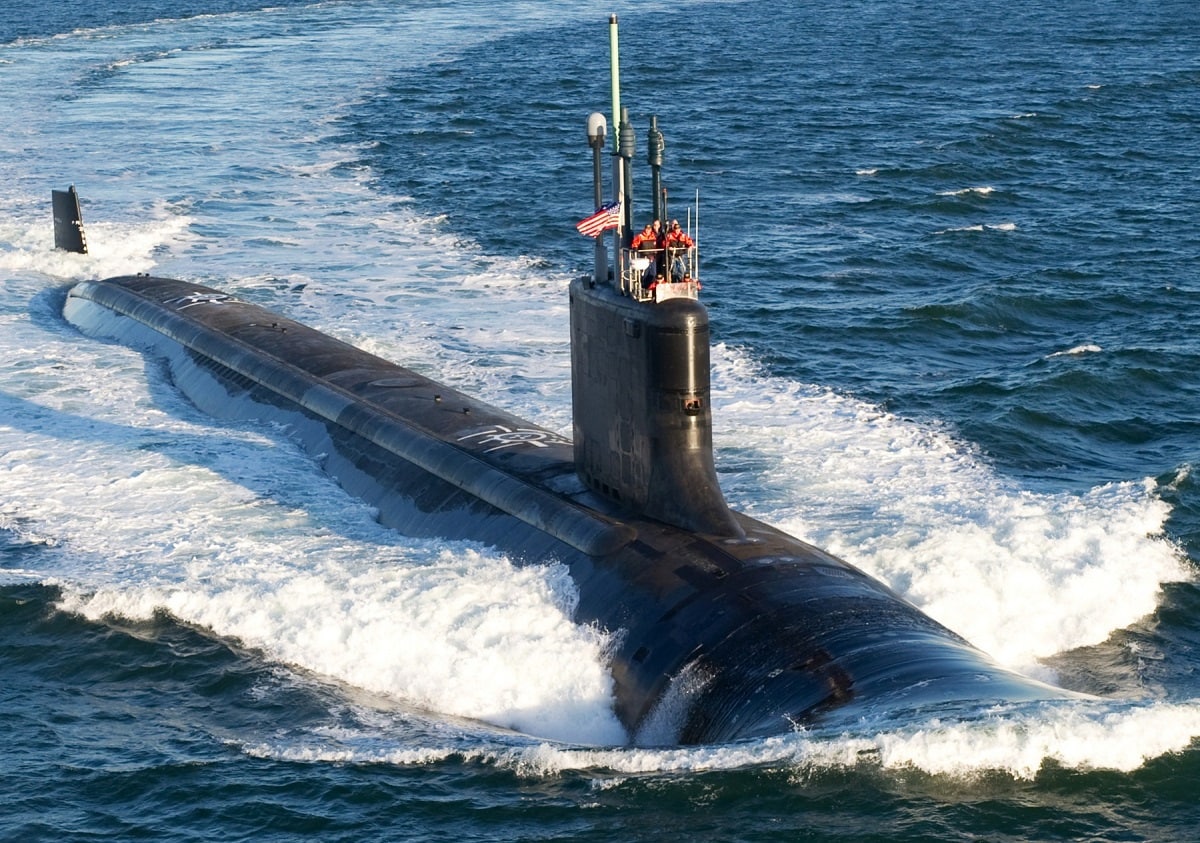In one impetuous act, France demonstrated the bankruptcy of its foreign policy, its national pointlessness, and the broader obsolescence of NATO.
On Friday, Paris withdrew its ambassadors from the United States and Australia. At issue was Canberra’s decision to join the United States and Britain in a partnership to build eight nuclear-powered submarines, a first for Australia. Taking this step required Australia to cancel plans to build twelve diesel-electric submarines with French assistance worth $66 billion. Canberra, London, and Washington believe the change will make Australia’s navy more capable of deterring China.
French Foreign Minister Jean-Yves Le Drian condemned the Biden administration for the move, declaring, “This brutal, unilateral and unpredictable decision reminds me a lot of what Mr. Trump used to do.” He added that he was “angry and bitter.” The French government’s subsequent decision to recall its ambassadors from Washington and Canberra is considered a drastic diplomatic gesture, often a sign of extreme stress in a bilateral relationship or even a preface to the termination of diplomatic relations that precedes war.
The move lays bare what France and its foreign policy are really about: corporatism.
Did China’s recent crushing of freedom in Hong Kong and aggression in the South China Sea and cyberspace cause France to withdraw its ambassador? No.
Did Russia’s invasion of eastern Ukraine cause France to withdraw its ambassador from Moscow? No.
How about Iran or Cuba’s latest brutal crackdown on peaceful protesters? Did Paris get upset and pull its top diplomats in country? Of course not.
Actions by authoritarians that actually make the world more dangerous for the Free World earn a yawn from the renowned practitioners of realpolitik in Gay Paree. But if you disturb the rice bowls of politically connected defense firms in France, look out.
Australia’s decision is not beyond questioning. With no nuclear industry or history of operating nuclear submarines, the time and investment necessary to operationalize its new plans will be enormous, even with U.S. and U.K. technical assistance. Australia and the Free World may have been better off with cheaper and simpler subs that can be fielded faster and in greater numbers. But the decision is Canberra’s to make it is Australia’s money, which France ought to respect.
Paris’s hysterical reaction does more than just call into question whether postmodern France cares about anything more than helping its corporations. It ought to raise doubts about the usefulness of NATO itself to the challenges of the 2020s, especially the crucial task of confronting China.
Before the United States failed in Afghanistan, NATO failed there profoundly. While NATO declined to become involved in Iraq, it was willing to commence its first operation outside of Europe in Afghanistan, fighting the “good war.” It failed miserably, requiring the United States and other nations to take the lead again in 2014.
The European members of NATO have a collective GDP that is nearly fifteen times the size of Russia’s, but they still insist that they cannot defend against Russia without the United States playing the predominant role in NATO. With the exception of a few members in New Europe and Britain, NATO states have failed to come close to meeting their own promises on defense spending and groused mightily when former President Donald Trump urged them to meet their commitments.
And now France, a founding member of NATO, is willing to waylay diplomatic relations with two democratic allies because it lost out on a payday. Does anyone seriously think this gang will help the United States and our Pacific allies in a conflict with China? Will they even seriously help us try to deter China so that a conflict never occurs? Probably not if there’s no money in it for them. Beyond a firm but polite letter of condemnation of China if it starts a war, we can expect nothing of France or the rest of Old Europe.
In that sense, maybe we should thank France for its crass and childish move that reveals what really matters to Paris. It’s just a shame that Donald Rumsfeld passed away earlier this year. Rumsfeld was Secretary of Defense when France organized an international coalition to thwart the U.S.-led invasion of Iraq, imperiling our servicemembers, and then demanded haughtily that its companies be allowed to get rich from U.S. funds expended to rebuild Iraq. Rumsfeld had a house across from the French ambassador’s residence in the Kalorama neighborhood of Washington. Maybe he would have gotten a kick from seeing the French ambassador packing up his junk and repairing to his honor-free country.
Christian Whiton was a State Department senior advisor in the Trump and George W. Bush administrations. He is the editor of “Super Macro” on Substack.

